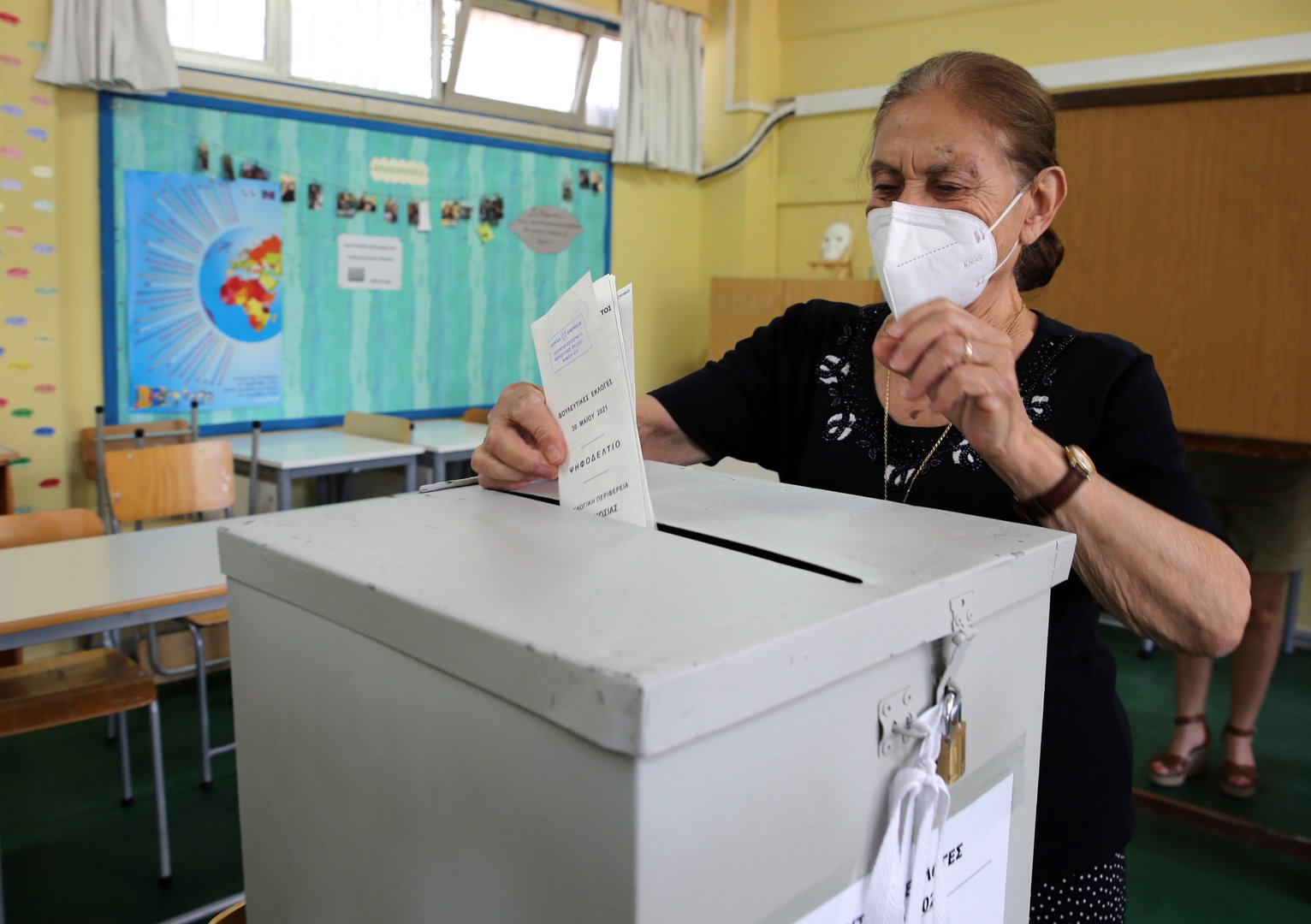It’s a sad indictment of our politicians that out of almost 72,000 eligible but unregistered voters, only around 10,000 at best signed up for the upcoming presidential elections by Tuesday’s deadline.
According to the election service, of the 71,730 who were eligible to register, 36,000 were first-time voters, having reached the age of 18, with the rest having become eligible previously but still not having registered.
The fact that not even 15 per cent of those eligible to register did so is telling. Even if you completely discount the previously-eligible who have never registered and just include the 36,000 new voters, it would mean that less than one third of those who just turned 18 had registered.
This should be troubling because it means that the majority of young people have no interest in the presidential election or believe all politicians are the same, including the current crop of candidates, and are so disappointed in the system that they just don’t want to know.
This, despite the fact that for the 2023 election there is a record number of 17 candidates from all political persuasions to choose from. The problem of course is that the real outliers are the ones without party support and will not garner enough votes outside of the party system.
Voter apathy in Cyprus has been on the increase since 2017 when compulsory voting was axed. The theory behind it was sound – people should not be forced to vote if they don’t want to. In any case, no one had been prosecuted for not voting in about two decades prior to that.
Constantinos Petrides, who was the then interior minister said at the time they did not expect the move to increase abstentions due to the fact that the penalty for failing to vote had already been inactive for many years.
If the government believes this is the case then something else is wrong and it will need to dig a bit deeper to figure out why people do not want to vote because the abstention rate has in fact been increasing steadily since 2008.
From a turnout of around 90 per cent on average that year and in previous years, turnout for the presidential elections dropped to 83 per cent in 2013 and further to around 74 per cent in 2018.
In the same time period, parliamentary elections turnout dropped from 78.7 per cent in 2011 to 65.7 per cent in 2021.
According to Petrides in 2017, “abstention is addressed when the political system itself persuades citizens to participate in the democratic process because they have choices”.
Tuesday’s registration numbers would seem to indicate that the political system is instead dissuading people perhaps because they believe they don’t in fact have choices, that all politicians are alike; self-interested, corrupt, inept and incapable or unwilling to bring about real change. True or not, this is the perception.
In Cyprus, as in many Western countries in recent decades, voting has come down to choosing, not from a line-up of great candidates but from the least objectionable.







Click here to change your cookie preferences